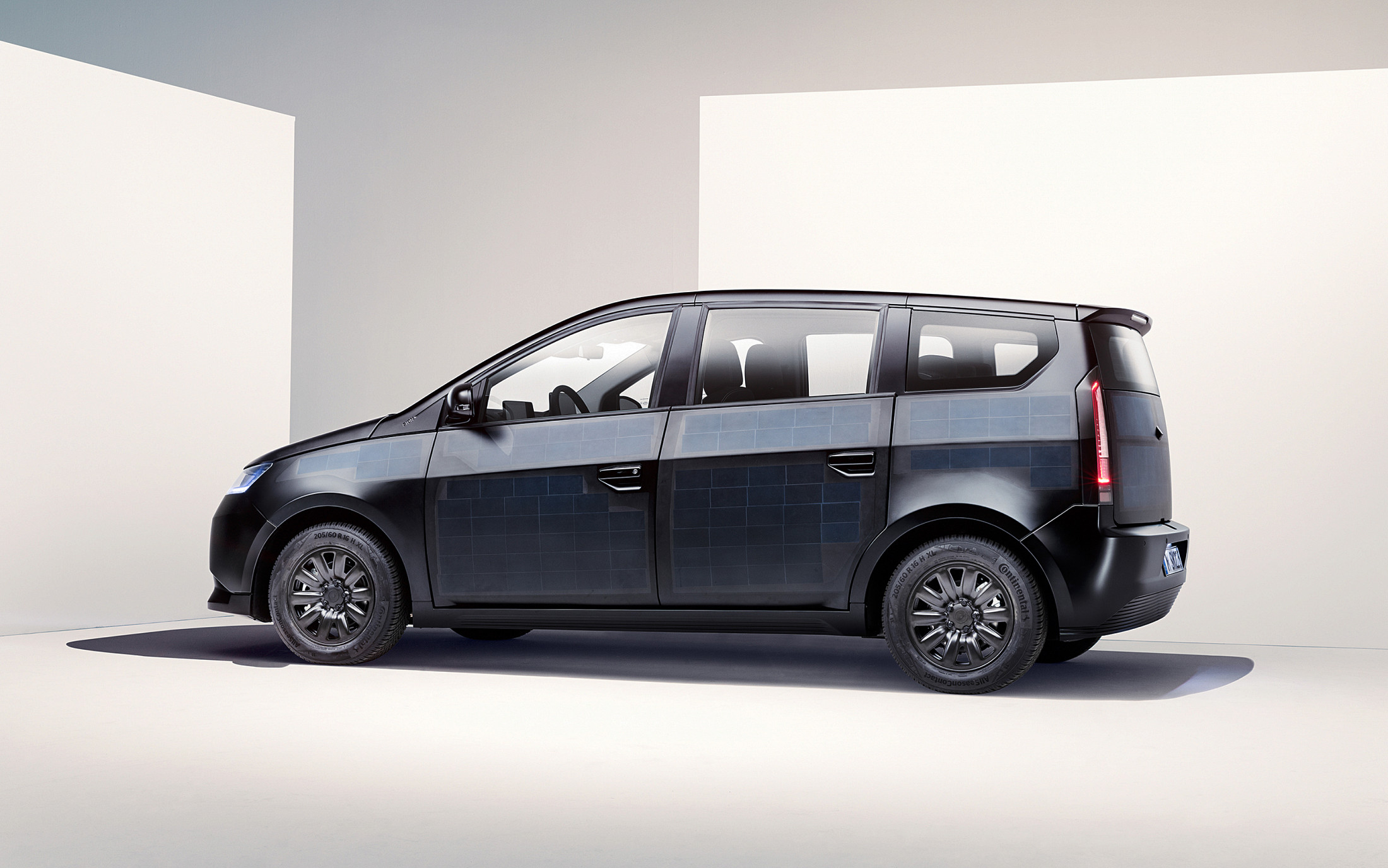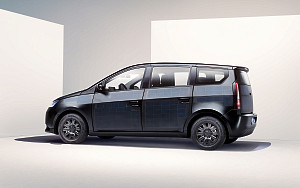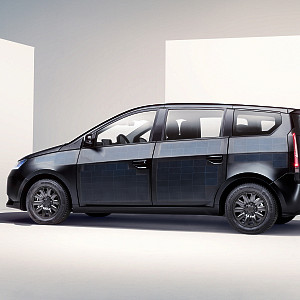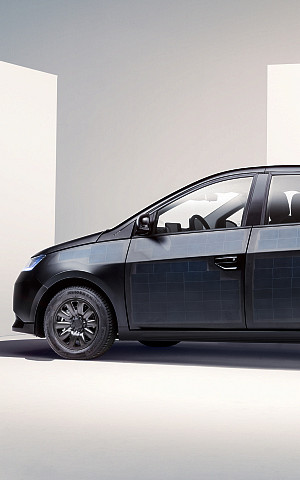As of 1 September 2022, Munich-Based Solar Mobility OEM Sono Motors Reported More Than 20,000 Direct Consumer Reservations, With an Average Down Payment of about €2,000
At an Expected Net Sales Price Point of Just €25,126 – the Sion Has the Potential to Become the World’s First Solar Electric Vehicle (SEV) For the Masses
MUNICH, Germany, 1 September 2022 – The Munich-based solar mobility OEM Sono Motors (subsidiary to “Sono Group N.V.”, NASDAQ: SEV) has announced the achievement of reaching 20,000 private reservations of its Sion, with an average down-payment of about €2,000 net. At an expected net sales price point of just €25,126 – the Sion has the potential to become the world’s first Solar Electric Vehicle (SEV) for the masses.
The start of production is planned for the second half of 2023 via contract manufacturing in Finland. Sono Motors’ partner Valmet Automotive has extensive expertise in manufacturing for high-tech OEMs. After a ramp-up period the partners aim to produce approximately 257,000 Sion vehicles within seven years.
FORWARD-LOOKING STATEMENTS
This press release includes forward-looking statements. The words "expect", "anticipate", "intends", "plan", "estimate", "aim", "forecast", "project", "target", “will” and similar expressions (or their negative) identify certain of these forward-looking statements. These forward-looking statements are statements regarding the Company's intentions, beliefs, or current expectations. Forward-looking statements involve inherent known and unknown risks, uncertainties, and contingencies because they relate to events and depend on circumstances that may or may not occur in the future and may cause the actual results, performance, or achievements of the Company to be materially different from those expressed or implied by such forward looking statements. These risks, uncertainties and assumptions include, but are not limited to (i) the impact of the global COVID-19 pandemic on the global economy, our industry and markets as well as our business, (ii) risks related to our limited operating history, the rollout of our business and the timing of expected business milestones including our ability to complete the engineering of our vehicles and start of production on time and budget and risks related to future results of operation, (iii) risks related to our unproven ability to develop and produce vehicles and with expected or advertised specifications including range, and risks relating to required funding, (iv) risks related to our ability to monetize our solar technology, (v) risks relating to the uncertainty of the projected financial information with respect to our business including the conversion of reservations into binding orders, (vi) effects of competition and the pace and depth of electric vehicle adoption generally and our vehicles in particular on our future business and (vii) changes in regulatory requirements, governmental incentives and fuel and energy prices. For additional information concerning some of the risks, uncertainties and assumptions that could affect our forward-looking statements, please refer to the Company’s filings with the U.S. Securities and Exchange Commission (“SEC”), which are accessible on the SEC’s website at www.sec.gov and on our website at ir.sonomotors.com. Many of these risks and uncertainties relate to factors that are beyond the Company's ability to control or estimate precisely, such as the actions of regulators and other factors. Readers should therefore not place undue reliance on these statements, particularly not in connection with any contract or investment decision. Except as required by law, the company assumes no obligation to update any such forward-looking statements.
Sono Group N.V. (NASDAQ: SEV) is on a pioneering mission to accelerate the revolution of mobility by making every vehicle solar. Sono Motors’ disruptive solar technology has been engineered to be seamlessly integrated into a variety of vehicle architectures — including third-party OEM cars, buses, refrigerated vehicles, and recreational vehicles — to extend range and reduce fuel costs as well as the impact of CO2 emissions, paving the way for climate-friendly mobility.



